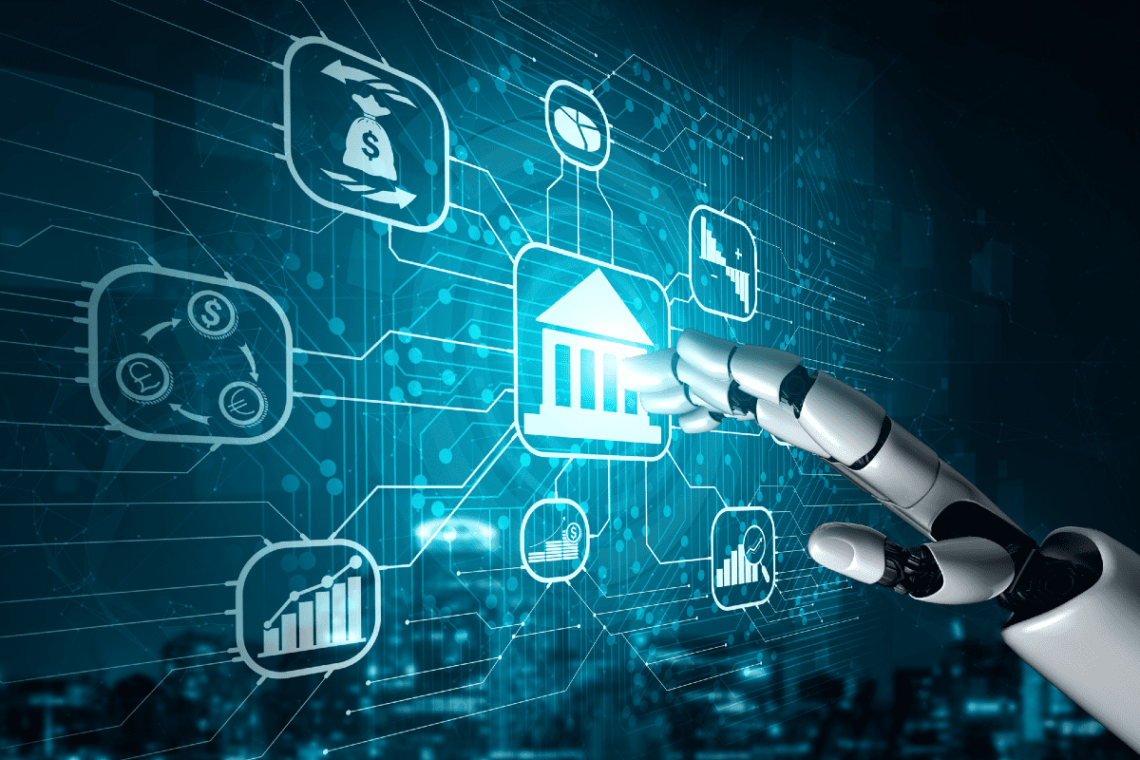
自許為在世界各地尋找從右邊數來第二顆星的旅行家,目前已拜訪 31 個國家,有時會因為好萊塢的花花綠綠而分心,正在努力從兔子的細毛往上爬,希望找到魔術師問對的問題! 歡迎透過個人網站 Second Star to the Right 或 FB Neverlandseeker 聯絡,有悄悄話也可以寫信到 neverlandseeker.sc@gmail.com~
AI in Banking: Which is Better? Result or Ethics Driven?

How do you think about AI in banking?
I read an inspiring article today: The AI-Bias Problem And How Fintechs Should Be Fighting It: A Deep-Dive With Sam Farao (by Annie Brown), which made me think about AI’s increasing power in the financial industry.
Machine Ethics
While industry players are enjoying the fruits of big data, AI, and machine learning these days, we can not deny that AI-bias is indeed an elephant in the room. I think we all agree that “diversity and inclusion” should be valued in the workplace. Then, does that apply to “machine ethics” as well?
While the article pointed out that the Fintech sector should address the issue, I believe the implication of AI-bias is much larger. The financial industry should definitely be more careful when making data-driven decisions, especially when it involves credit card and loan applications.
Have you watched Will Smith‘s 2004 sci-fi movie “I, Robot“? At the beginning of the film, there was a scene when the robot made a judgment call and rescued Will Smith’s character, Detective Spooner. The robot used its AI brain and let go of a little girl, after comparing the survival rate of both. The moral issue here was whether a result-driven decision is always the best cause of action.

Implications in Banking and Beyond
When it comes to credit lines during underwriting, account balance, monthly income, industry, bank product holdings, and credit records are all common criteria. So what will happen when the engineer or the system itself decides to widen its parameters? When it starts to incorporate gender, education level, social interaction, activity participation, and more factors into consideration, can those disadvantaged people still have a fighting chance? (Anyone also thinking of the “Nosedive” episode in Black Mirror?)
No doubt AI can speed up the decision-making process and make it more efficient and cost-effective. We see a lot of Fintech companies already benefit from it, such as Insurtech Lemonade and China’s Ant Finance. In the past few years, the incumbent wants to increase their leverage and start a hiring spree for data scientists or machine learning experts. Along with the rapid development in machine learning, it’s not impossible that one day all the underwriting and account opening decisions will be subject to AI’s call.
We can only urge that both players carefully embed AI-ethics when building their algorithms. Result-driven and high predicting power may not always contradict ethically-driven decisions. Banks must find a middle ground and reach a win-win situation.
Do you like my article? Feel free to give me a clap below or follow my account. Find more observer articles of mine here. Remember, you can always give me some “Likes” if you are a Liker on Liker Land.
Liker Land is a place where you can register for free to be a “Liker” and support content creators. Without the intervention of mass corporate ads, this blockchain application is a great invention to support individual creators. If you’re already on board, welcome to show your support via the link below.
喜欢我的文章吗?
别忘了给点支持与赞赏,让我知道创作的路上有你陪伴。
发布评论…